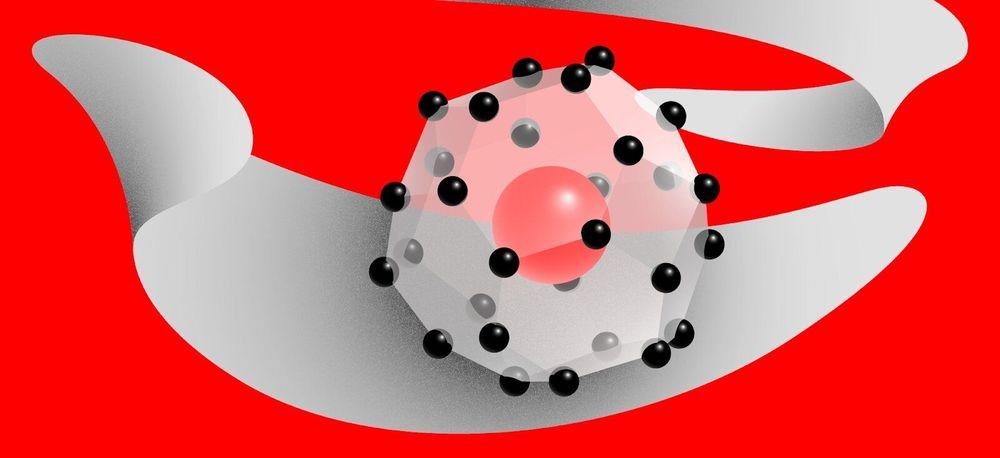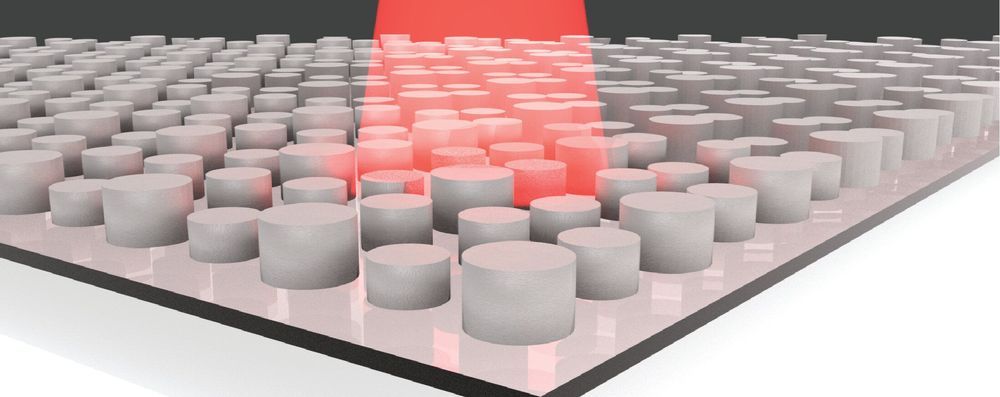Researchers from the U.S., Russia, and China have bent the rules of classical chemistry and synthesized a “forbidden” compound of cerium and hydrogen—CeH9—which exhibits superconductivity at a relatively low pressure of 1 million atmospheres. The paper came out in Nature Communications.
Superconductors are materials capable of conducting an electric current with no resistance whatsoever. They are behind the powerful electromagnets in particle accelerators, maglev trains, MRI scanners, and could theoretically enable power lines that deliver electricity from A to B without losing the precious kilowatts to thermal dissipation.
Unfortunately, the superconductors known today can only work at very low temperatures (below −138 degrees Celsius), and latest record (−13 degrees Celsius) requires extremely high pressures of nearly 2 million atmospheres. This limits the scope of their possible applications and makes the available superconducting technologies expensive, since maintaining their fairly extreme operating conditions is challenging.






